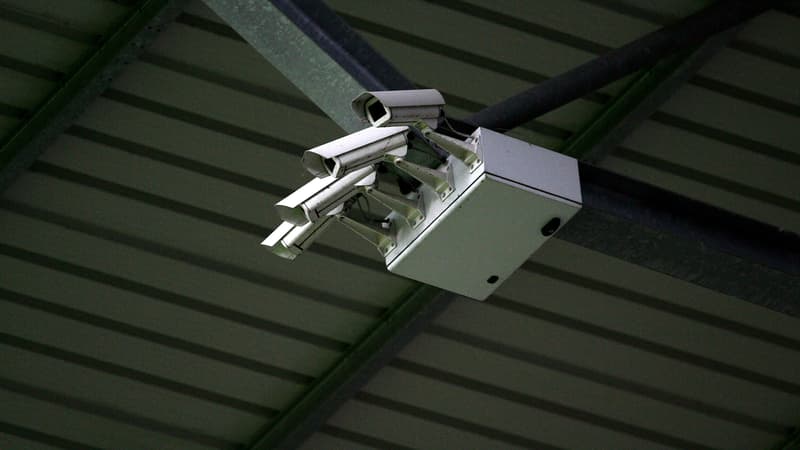The National Assembly approved on Thursday, March 23, the use of the so-called “smart” video surveillance, based on algorithms, with which the executive wants to experiment before and during the 2024 Olympic Games, despite fears of security abuses by the left.
Article 7 of the Olympic bill was adopted with 59 votes in favor (presidential majority – LR – RN) against 14 against (Nupes). It establishes on an experimental basis that the protection of “large-scale sporting, recreational or cultural events” can use algorithms.
Experimentation
The Olympic Games are in the offing, but the experiment, which is due to stop at the end of 2024, could start as soon as the law is enacted and concerns, for example, the upcoming Rugby World Cup in September-October. The declared objective: to analyze the images captured by cameras or drones, to automatically detect potentially risky actions or gestures.
The list of “events” à détecter doit être fixée par décret, après avis de la Commission nationale de l’informatique et des libertés (Cnil), qui avait appelé mardi 21 mars à ne pas introduire de reconnaissance faciale lors de l’examen de This text.
During the debates, the Minister of the Interior, Gérald Darmanin, cited as examples “a start of fire, bottlenecks in the population, an abandoned package or bag”. But “not the hooded ones,” he assured, pressured by questions from the left.
The deputies of the Nupes are concerned about the possible misuse of this technology, fearing that the Olympic Games will only serve as a springboard to generalize this type of surveillance to the population.
Lack of facial recognition.
The executive insists on the safeguards, the absence of facial recognition and the need to ensure the Games and the millions of expected viewers. “Predetermined events do not concern people but situations,” Gérald Darmanin insisted, without convincing them. Associations for the defense of freedoms are against it, such as the National Council of Lawyers.
The debates have revolved a lot around the “biometric” nature of the data or not, for example to enable the isolation and monitoring of a person. The majority and the government assure that they are not of that character. “It will necessarily be biometric data,” insisted Sandra Regol (ecologist).
The opposition deputies have tried to circumscribe the experiment more, circumscribe it to the abandonment of luggage, or impose that the State be solely responsible for the analysis of the data, without resorting to private initiative, but without hit.
An amendment by RN Aurélien Lopez-Liguori, chair of the study group on security and digital sovereignty, was adopted. He intends to prioritize the use of European companies.
But the fact that representatives of the majority, members of the study group, co-signed or subamended an RN amendment, outraged the left. “We are adrift of this majority that no longer knows where it is going,” denounced the environmentalist Jérémie Iordanoff.
Source: BFM TV


